Eat Breakfast
I start with a breakfast of mostly carbohydrate to make sure that my stores of glycogen are full. I eat multi-grain bagels or toast or cereal or oatmeal, fruit, and non-fat yogurt (for a bit of protein) and I eat very few simple sugars. I might eat an egg (poached or boiled, not fried) instead of the yogurt. I usually eat several hours before I start exercising and then wait for the day to warm up.
Eat a Snack Before Exercising
Since breakfast was a couple of hours before I throw my leg over the top tube or click into the skis, I eat a carbohydrate snack of several hundred calories. Also, research shows that it will be easier to maintain or lose weight if you eat the same number of total calories spread across three meals plus snacks instead of just three regular meals.
More: Is Cereal a Good Breakfast for Cyclists?
What to Eat
Sports nutrition products such as bars and gels offer no performance advantage; however, they may be more convenient that real food. Bars that taste good when at 80 degrees may be unpalatable at 32 degrees. As it gets colder you may want to change what you eat.
I often take food that's crunchy whatever the temperature: granola bars, crackers or pretzels, dried fruit, perhaps with a few nuts. I like to eat banana bread, oatmeal cookies, fruit newtons, soft bagels with peanut butter and jelly, boiled salty potatoes and the occasional gel. Bananas are also good early in a ride but get brown in the cold.
What to Drink
In the summer I usually carry a bottle of sports drink and a bottle of water. I make my own sports drink, which is quite similar to commercial products but much cheaper:
- 1/3 cup (80 ml) orange juice
- 12 teaspoons (50 g) sucrose (table sugar), glucose or maltodextrin (a starch)
- 1/4 teaspoon (1.2 ml) salt
- Water to make 1 quart (0.95 L)
In the winter I use hot water and in my second bottle I carry tea sweetened with honey. My website has a section on homemade cycling nutrition with more recipes for making your own foods.
- 2
- of
- 3
About the Author

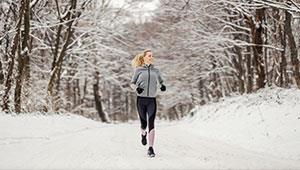
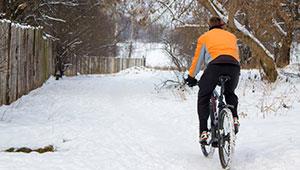
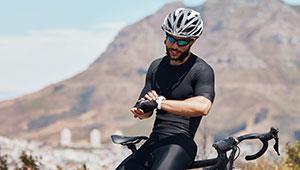
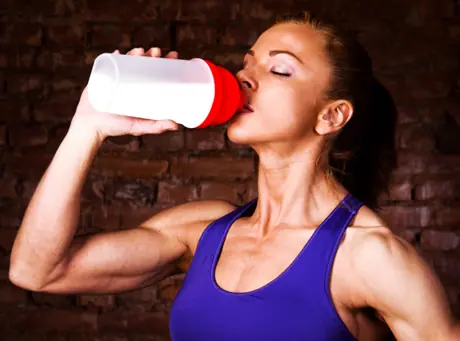
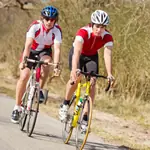
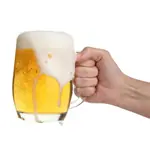

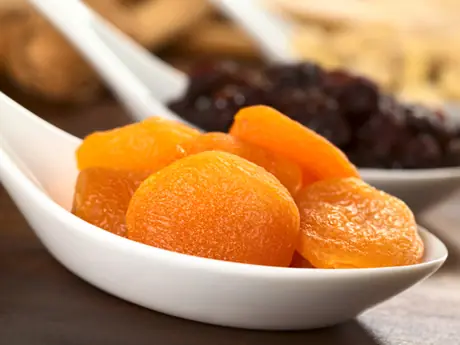
Discuss This Article